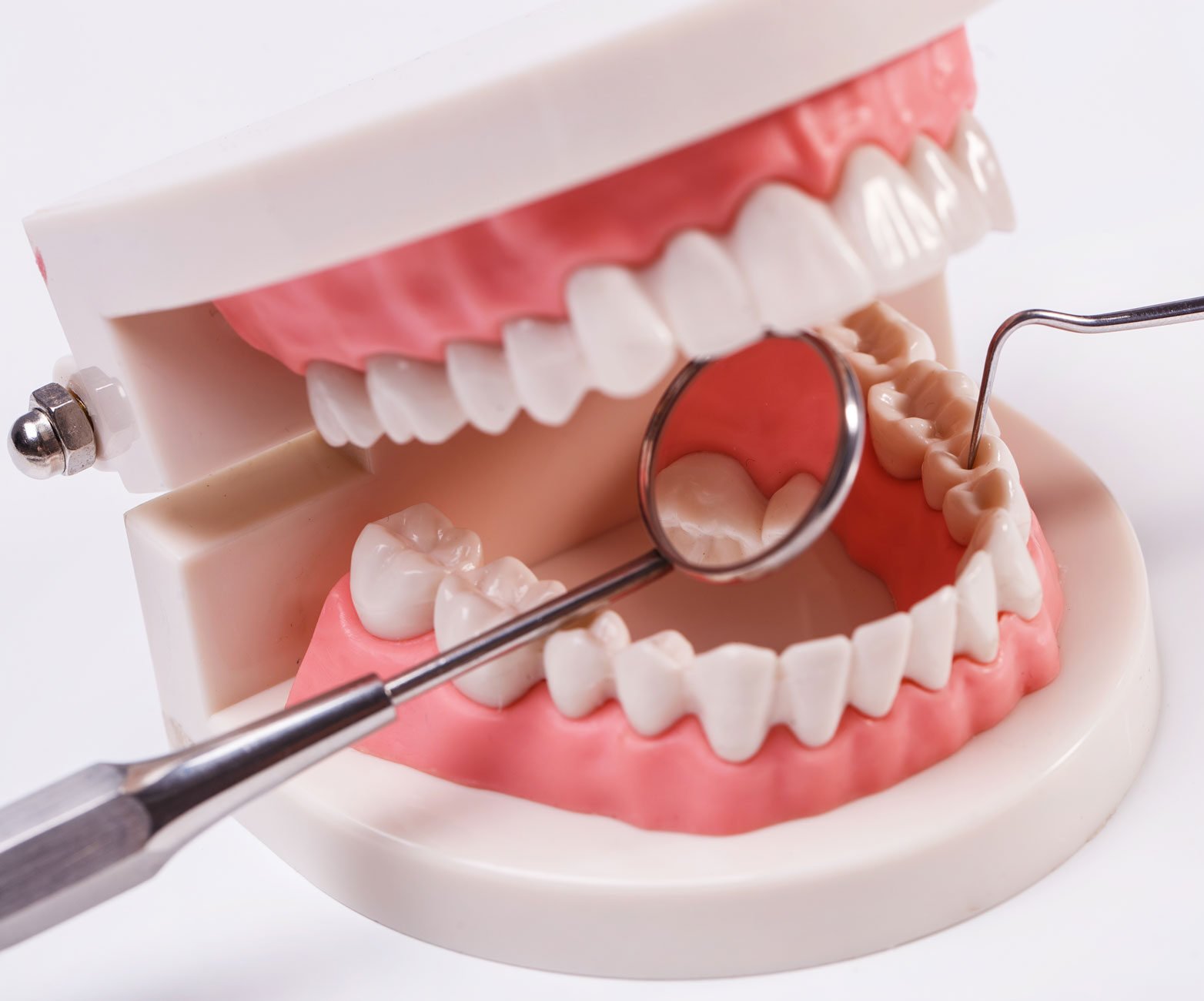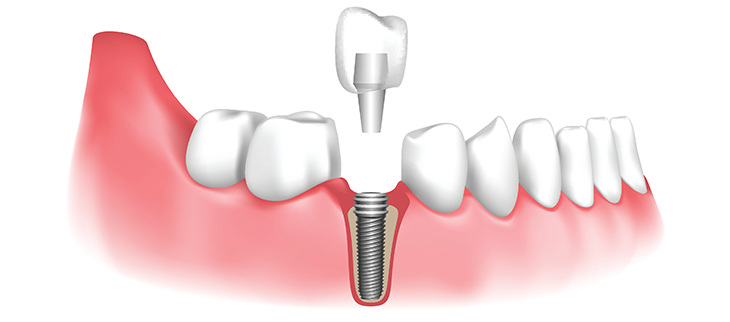When is it too late to reverse a cavity? This is a common question among patients who have been diagnosed with cavities. As a Dental Implant specialist, I often see patients who have neglected their oral health for too long. In this article, we will discuss the timeline and stages of cavity development and when it may be too late to reverse the damage. Join me in exploring how we can prevent cavities and maintain optimal oral health.
Prevention is Key: Understanding the Window of Opportunity for Reversing Cavities in Relation to Dental Implants
Prevention is crucial when it comes to dental implants. One important aspect of prevention is understanding the window of opportunity for reversing cavities before they become a bigger problem for dental implants. By being proactive and taking care of your teeth, you can reduce the risk of cavities and ensure the longevity of your dental implants. It’s important to work closely with your dentist to identify any potential issues and take necessary measures to prevent them. Remember, prevention is key when it comes to maintaining good oral health and ensuring the success of dental implants.
When does tooth decay become irreversible?
Tooth decay becomes irreversible when it reaches the inner layer of the tooth, known as the pulp. This is where the nerves and blood vessels are located, and if they become infected, it can lead to an abscess or even bone loss. At this point, a root canal may be necessary to save the tooth, but in some cases, extraction may be required. If the decay has progressed to the point where the tooth cannot be saved, a dental implant may be a viable option to replace the missing tooth. It is important to detect and treat tooth decay early to prevent irreversible damage and the need for more extensive dental procedures.
What is the point of no return for repairing a cavity?
The point of no return for repairing a cavity in the context of dental implants is when the cavity has progressed to the point where the tooth can no longer be saved. This typically occurs when the decay has reached the pulp, which is the innermost layer of the tooth that contains nerves and blood vessels. Once the pulp is infected, the tooth will become painful and may require a root canal to remove the infected tissue. If the decay is left untreated for too long, the tooth may need to be extracted and replaced with a dental implant. It is important to visit your dentist regularly and have any cavities treated as soon as possible to avoid reaching this point of no return.
At what point is a cavity considered irreversible?
A cavity is considered irreversible once it has reached the inner layer of the tooth called the dentin. At this point, the decay has penetrated through the outer enamel layer and into the softer, more vulnerable layer of the tooth. If left untreated, the decay can continue to progress deeper into the tooth, affecting the pulp and nerves, and potentially leading to the need for a root canal or even extraction of the tooth. It is important to address cavities as soon as possible with proper brushing, flossing, and regular dental check-ups to prevent them from reaching this irreversible stage. When it comes to Dental Implants, good oral hygiene and regular dental appointments can help prevent cavities and ensure the longevity of the implant.
Is it possible to reverse Stage 2 cavities?
It is not possible to reverse Stage 2 cavities on dental implants. Once a cavity reaches this stage, the decay has already penetrated the surface enamel and has begun to affect the underlying dentin. If left untreated, it can progress and cause more extensive damage, potentially leading to the failure of the implant.
However, early detection and treatment of cavities is crucial for preventing them from progressing to Stage 2. Regular dental checkups and cleanings can help catch cavities in their early stages, allowing for less invasive treatments such as fillings or sealants.
Maintaining good oral hygiene through regular brushing and flossing can also help prevent cavities from forming. Additionally, a healthy diet low in sugar and carbohydrates can help reduce the risk of cavities.
In summary, while it is not possible to reverse Stage 2 cavities on dental implants, early detection and prevention are key in maintaining oral health and preventing cavities from progressing.
Frequent Questions
Can a cavity prevent me from getting dental implants?
A cavity may not necessarily prevent you from getting dental implants, but it should be treated before the implant procedure. If a cavity is left untreated, it can lead to a bacterial infection in the area where the implant is placed, which can cause the implant to fail. In addition, a cavity means that there is already decay and damage to the natural tooth, and this should be addressed before any further dental work is done. Your dentist will likely recommend treating any cavities or other dental issues before proceeding with dental implant treatment to ensure the best chance of success for your new implant.
How can I tell if my cavity has progressed too far for a dental implant?
It is important to address cavities as soon as possible to prevent further damage to your teeth and gums. If a cavity has progressed too far, it may affect the ability to receive a dental implant.
The best way to determine if a cavity has progressed too far for a dental implant is to schedule a consultation with a qualified dentist or oral surgeon. They can evaluate the area and determine if there is enough healthy jawbone to support the implant.
X-rays and other imaging tests may also be necessary to determine the extent of the damage. If the cavity has caused significant damage to the jawbone, a bone graft may be necessary before an implant can be placed.
Overall, it is important to address cavities promptly to avoid complications down the line. Regular dental check-ups and cleanings can help identify cavities early on and prevent them from progressing too far.
Will reversing a cavity before getting a dental implant improve the success of the implant procedure?
Reversing a cavity before getting a dental implant can significantly improve the success of the implant procedure. It is essential to have healthy gums and teeth before undergoing any dental implant surgery. Cavities can weaken the surrounding tooth structure, leading to further decay and potential implant failure. Therefore, it is recommended to address any cavities before proceeding with an implant procedure. Your dentist will thoroughly examine your teeth and gums and recommend treatment options to reverse the cavity and ensure optimal oral health. A healthy and stable foundation for the dental implant will improve the chances of success and provide long-term benefits.
In conclusion, it’s important to remember that getting regular check-ups with your dentist is key to catching cavities early on. It’s never too late to take action and prevent further damage from occurring. However, if the cavity has progressed significantly and led to tooth loss, dental implants can provide a viable solution. Remember to take care of your teeth by practicing good oral hygiene habits and visiting your dentist regularly. Prevention is always better than cure!



